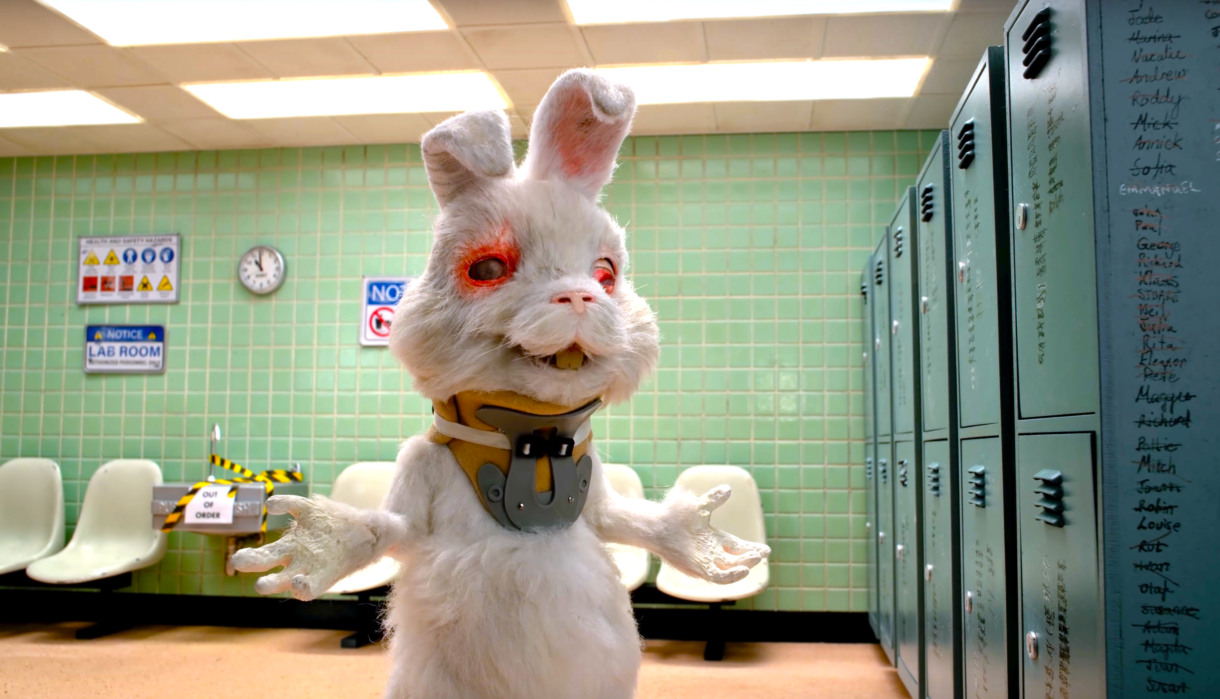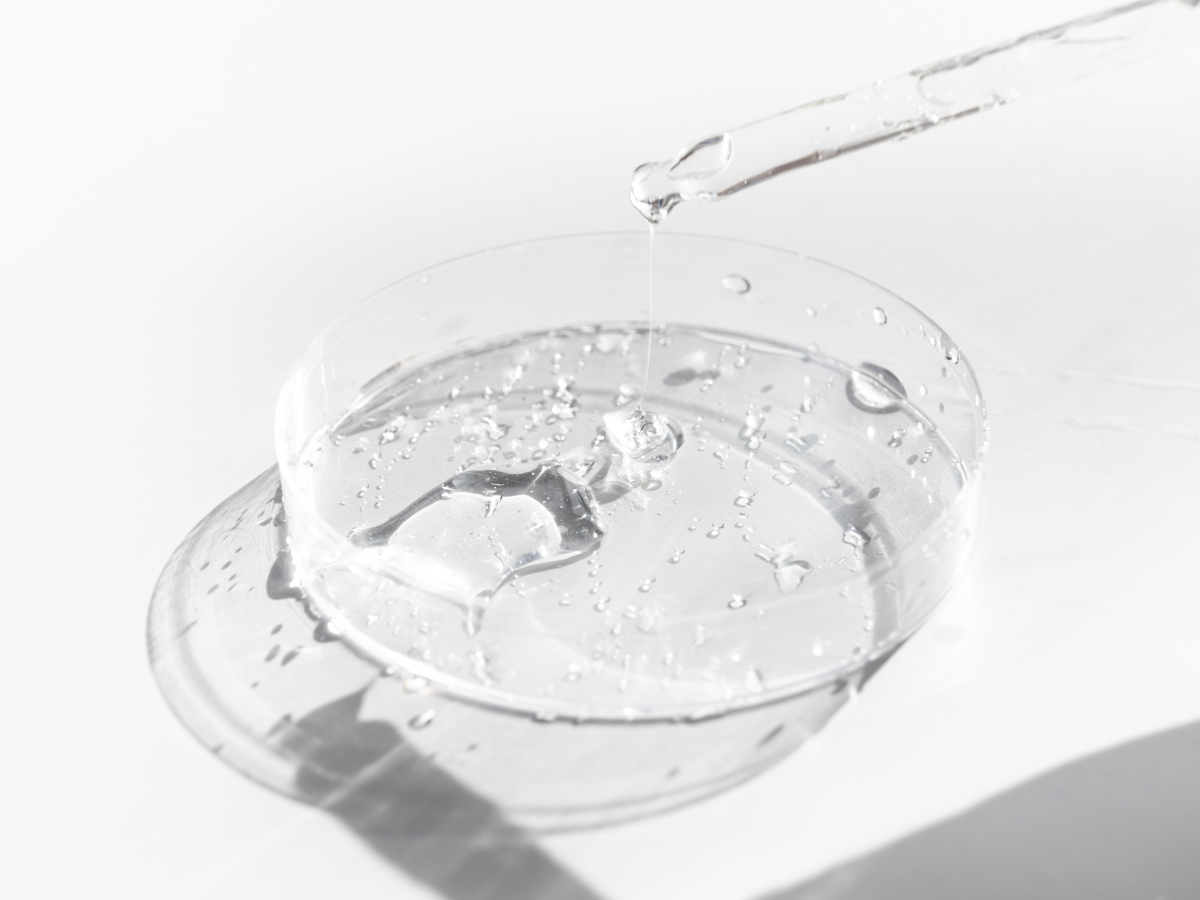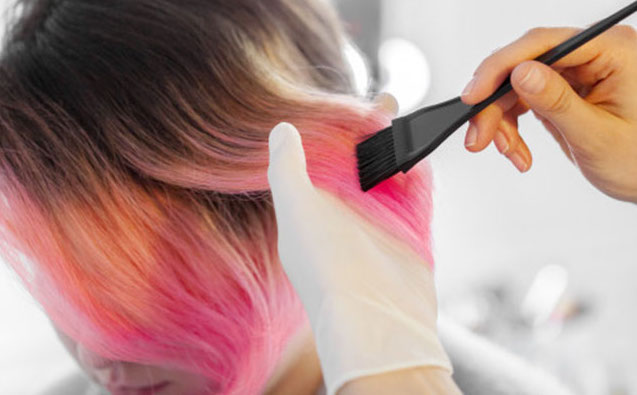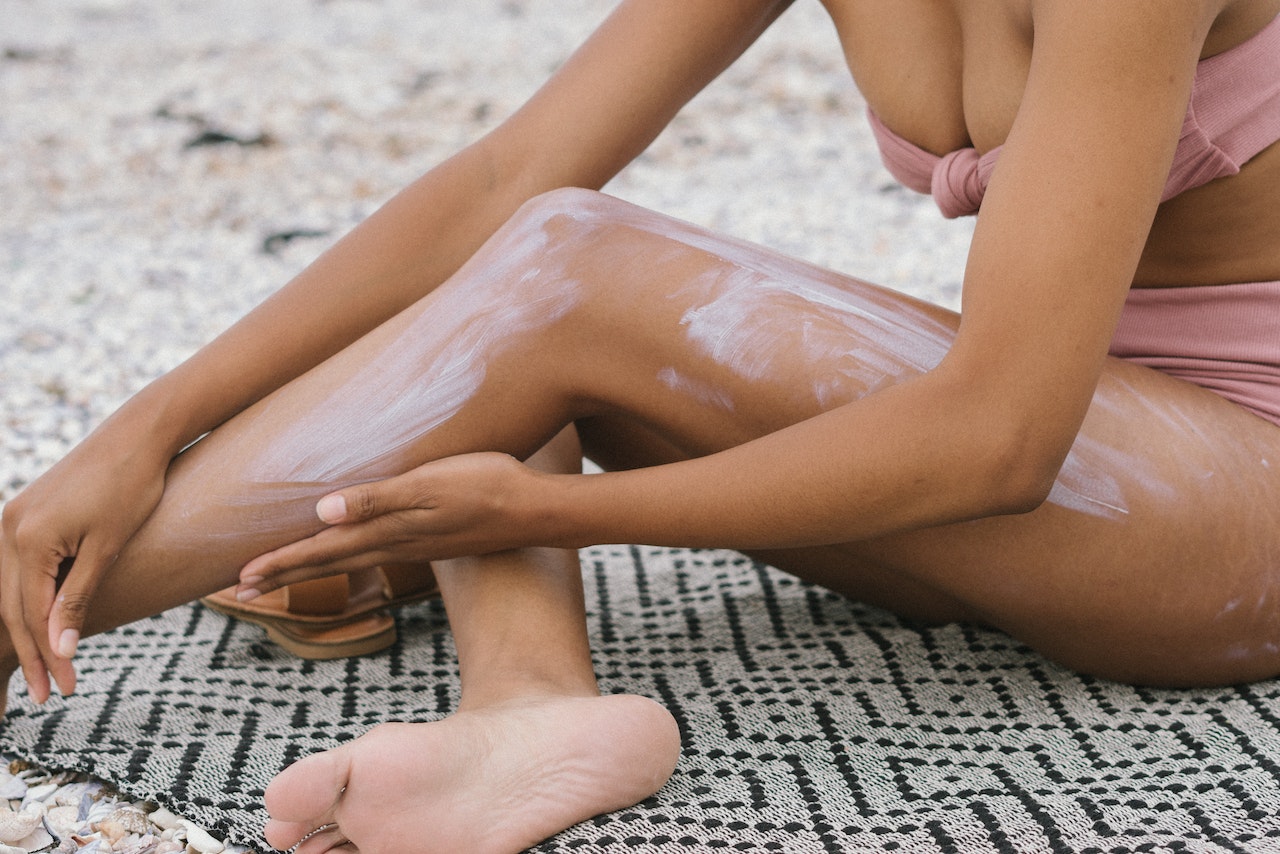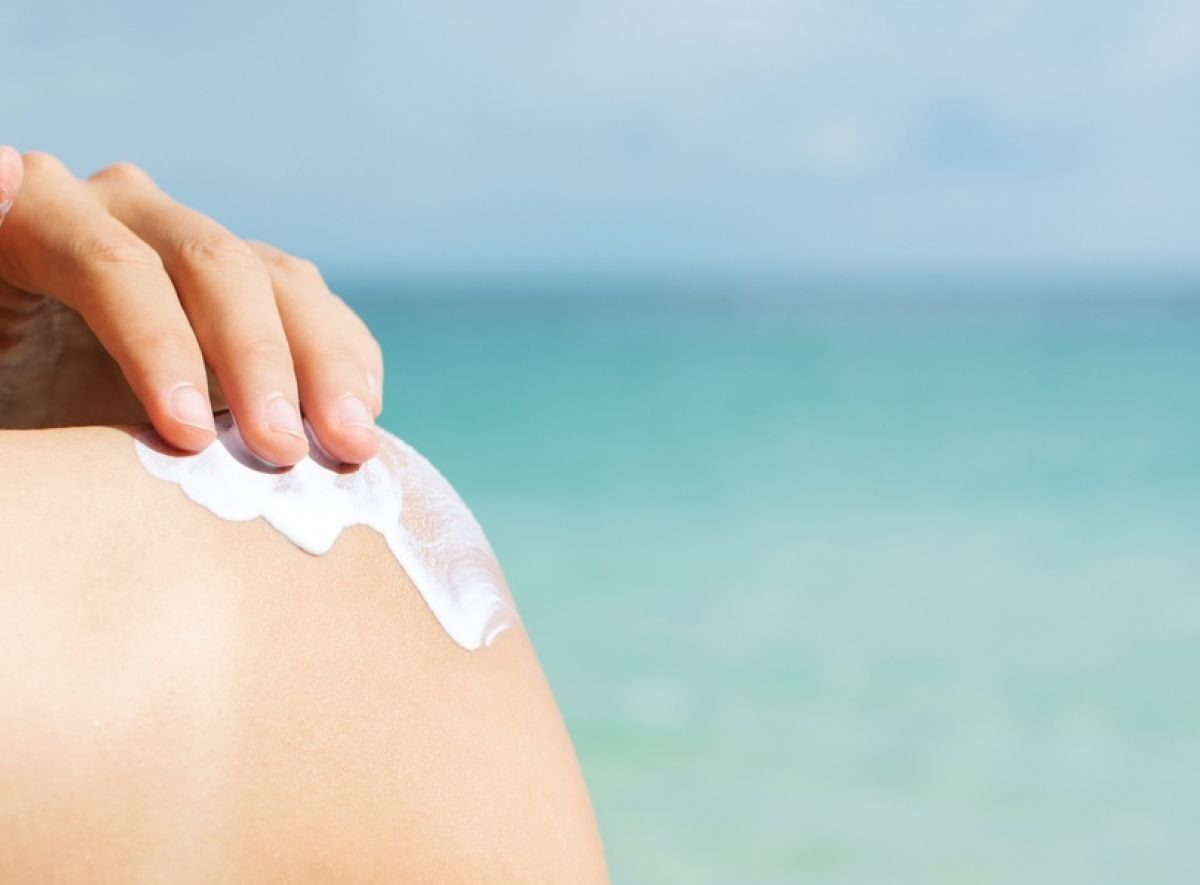MEXICO IS THE FIRST COUNTRY IN NORTH AMERICA TO BAN ANIMAL TESTING
In Mexico, it is no longer permitted to perform tests of cosmetic products on animals. The new law also bans the manufacture, import and marketing of cosmetic products tested on animal elsewhere in the world.
The Human Society International (HSI) and the organization ONG Te Protejo have campaigned side by side for years in order to achieve a proposed ban from the government. The stop-motion animated film ‘Save Ralph’ (from the HSI) has highly contributed for the decision of the Mexican government, as the video helped to generate more than 1.3 million petition signatures in Mexico. The film tells a story of a rabbit “tester” through voices from a multinational, multilingual cast of stars, and all the types of procedures that are carried out during testing of cosmetic products. The video went viral all over the world, having more than 150 million social media views and over 740 million tags on TikTok.
There are several cosmetic companies (Unilever, P&G, L’Oréal, Avon, Lush and others) that are working together with HSI through the Animal-Free Safety Assessment (AFSA) with the goal of creating curriculum to support smaller companies and government authorities to understand and trust the results of non-animal approaches in order to fully implement the animal testing bans.
The Executive Director for HSI, Antón Aguilar, said: “We thank the Mexican Government for showing leadership on this important issue, and we will continue to work with them to implement the commitments and enforce a robust ban. This is a monumental step forward for animals, consumers and science in Mexico, and this ground-breaking legislation leads the way for the Americas to become the next cruelty-free beauty market and brings us one bunny-leap closer to a global ban.”
There are now 41 countries (including Mexico) in the world that have prohibited animal testing for cosmetics. Moreover, 7 states in the US and 10 states in Brazil have also enacted bans. New Jersey, Rhode Island and New York are 3 U.S. states that are also currently considering similar bills and federal bills are pending reintroduction in the U.S. and Canada.
If you want to know more about non-animal approaches to cosmetic products testing and other related subjects, feel free to contact us at info@criticalcatalyst.com.
References:
- Human Society International (HSI). Be Cruelty-Free Campaign. Available from: [https://www.hsi.org/issues/be-cruelty-free/]
- Human Society International (HIS). News & Media. Mexico becomes first country in North America to outlaw animal testing for cosmetics. Semptember 2, 2021. Available from: [https://www.hsi.org/news-media/mexico-becomes-first-country-in-north-america-to-outlaw-animal-testing-for-cosmetics/]

